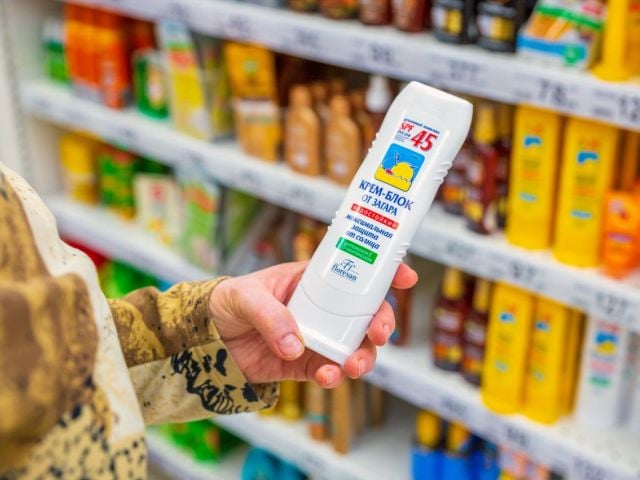SACRAMENTO, Calif. – On April 23, lawmakers in the California Assembly’s Environmental Safety and Toxics Materials Committee approved a new bill to ban toxic chemicals from air care products like air fresheners and scented candles.
Many air fresheners are designed to mask unpleasant odors and are advertised as improving indoor air quality. But these products may contain toxic chemicals that can increase consumers’ risk for health problems like asthma, damage to the nervous system, hormonal or reproductive harm, and even cancer.
Assemblymember Dawn Addis (D-Morro Bay) authored Assembly Bill 2201, the Air Fresheners Safety Act, to protect the health of consumers and workers exposed to these toxic chemicals when they are used in homes, schools, hospitals, workplaces and hotels. The bill would not ban air fresheners and other products but would prohibit the use of health-harming chemicals in the formulation of these products.
“Consumers likely don’t think about the health risks associated with these very hazardous chemicals they frequently spray throughout their homes,” said Addis.
“This bill will ensure that the industry moves in the right direction to reformulate their products to better protect people, as many companies are already doing. California can and should get the worst chemicals out of air fresheners while still allowing for a viable market,” Addis said.
If enacted, A.B. 2201 would take effect on July 1, 2026.
The Environmental Working Group is sponsoring the bill and EWG experts testified on the bill's behalf during the committee hearing. Following its environment committee approval, the bill was referred to the Assembly’s Appropriations Committee.
A.B. 2201 would ensure that 33 unique substances on the California Department of Toxic Substances Control’s, or DTSC’s, Candidate Chemical List are no longer in air fresheners and other products sold in the state. These chemicals include xylene, a substance that can also be used in gasoline, and ethylene glycol, a chemical also used in paint strippers and thinners.
“The chemicals identified in A.B. 2201 pose unnecessary, serious health risks – especially for children,” said Alexis Temkin, Ph.D., an EWG senior toxicologist, during her committee testimony in support of the bill.
“For instance, lilial is classified by the European Union as a reproductive toxicant, based on animal studies that show that it harms the male reproductive system,” Temkin added.
In another example, methyl eugenol, found on California’s Proposition 65 list of chemicals known to cause cancer or other health harms, was reclassified by the International Agency for Research on Cancer last year as an even stronger cancer hazard based on new evidence that it can damage DNA in humans.
“These are hazardous chemicals that don’t need to be in air care products,” Temkin said.
In 2017, California enacted the Cleaning Product Right To Know Act, requiring manufacturers of cleaning and air care products to disclose the toxic chemical ingredients on their websites and labels.
But loopholes in the way ingredients are listed mean that many chemicals of concern slip through the cracks. A.B. 2201 would help get harmful substances out of air fresheners and similar products sold in California.
"People deserve to know what ingredients are in the air fresheners they use in their homes. They also deserve to know that they’re formulated without chemicals that could harm their health, such as hazardous formaldehyde-releasing and paraben preservatives or endocrine-disrupting phthalate additives,” said Samara Geller, EWG’s senior director of cleaning science.
“It's clear that consumers overwhelmingly support healthier options. If this bill becomes law, California will once again take a proactive step to prioritize public health, setting a standard that will benefit all Americans,” Geller said.
Manufacturers avoid disclosing the truth about toxic chemicals they list as fragrances. Even products marketed as “green” and “natural” can contain harmful chemicals and misleading ingredient labels, making the need for A.B. 2201 even more urgent.
The DTSC’s Safer Consumer Products program recognizes air fresheners as part of a product category needing further investigation in order to identify safer alternatives. But it isn’t clear when the department will begin its analysis and potential regulation. The pressing issue of exposure from the chemicals in homes, schools, workplaces and public spaces underscores the significance of A.B. 2201.
###
The Environmental Working Group (EWG) is a nonprofit, non-partisan organization that empowers people to live healthier lives in a healthier environment. Through research, advocacy and unique education tools, EWG drives consumer choice and civic action.



